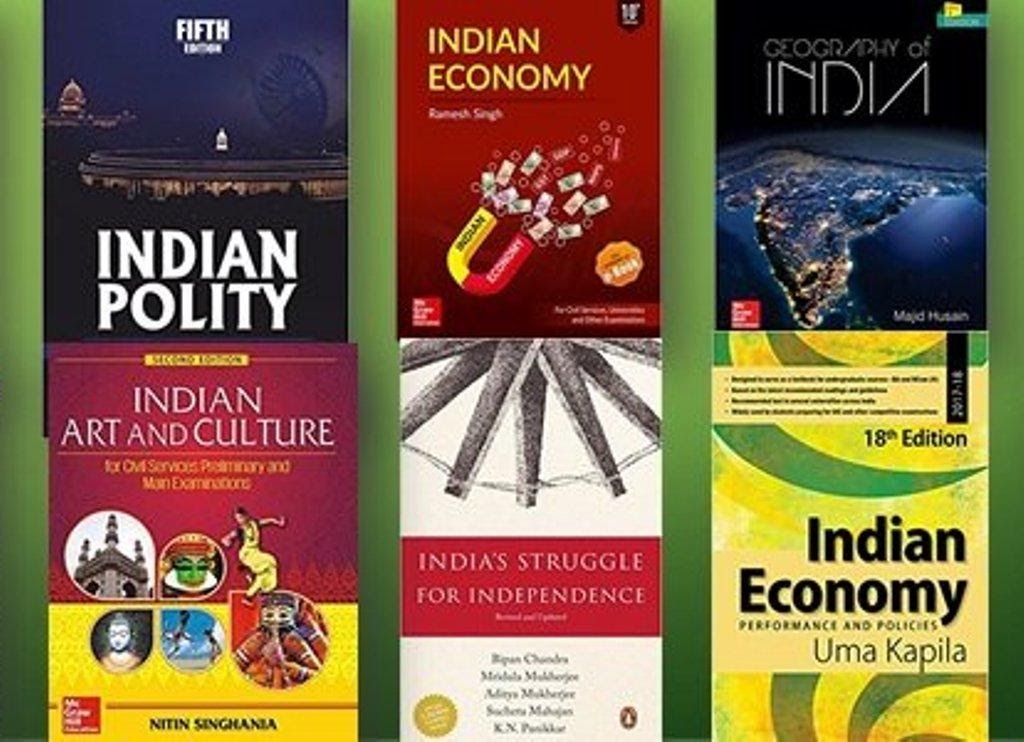
(Getting Started) Last Few Months Preparation Strategy For UPSC Pre Exams

With just a few months left for the UPSC Civil Services Prelims examination, aspirants are clamoring for last-minute preparation and prelims specific study plans. Many have been working on this exam for years, some for months, and there are still some who just started and hope to still get across the preliminary barrier. For all of you, here is a comprehensive plan to help you improve your chances of cracking prelims.
FEB-MARCH
Beginners
This is going to be hard. You are trying to cram in 12 to 24 months of preparation into 5 months. So brace yourself to work very hard and relentlessly. Start with NCERT Books for History, Geography, Polity, Economy, Society and Arts and Culture. Aim to complete the class 11 and 12 NCERTs. You do not have the time to delve deeper. Use the internet to look up concepts you are having difficulty grasping. There are roughly 20 books you need to finish up in a month.
This has to be followed by completing the main sources for History and Polity. So do not do a deep dive at this point. Keep an hour aside to catch up on Current Affairs alongside this. Also, try to complete the current affairs for October 2020 to January 2021 in this window.
Experienced IAS Aspirants
It is revision time for those who have already been preparing for a while and now need to start with their prelims-centric revision. Start with revisiting the NCERTs or notes you may have made from them and with the aid of previous years’ questions, make separate notes for facts that are relevant precisely for your prelims preparation.
Now is also the right time to pay attention to the government schemes declared over the past year, alongside the budget and economic survey implications. Towards the end of March is also the right time to start taking upsc prelims based mock tests. Ensure you take at least 6 tests this month.

Long List of Books To Cover
April-May
Beginners
Now that you have completed almost half the upsc syllabus, it is time to move on to completing the rest. Pick up Geography, Environment, Economics and the other elements still left. Go through the budget and economic survey presented.
Finish up the current affairs for June to September of Last Year.
May is the ideal time to start taking mock tests as well. Do not get discouraged by your scores. Instead, use the mock questions to improve your knowledge. Pay attention to the last 10 years of prelims questions as well. Continue reading daily current affairs. Make sure you take at least 6 tests in May.
Serious Aspirants
Now is the time when your preparation becomes completely mock test centric. In these two months, you should complete at least 20 to 25 mock tests. Taking a test is not enough. Analyze your performance and look up answers you got wrong or questions you could not attempt. Make notes from these questions.
By May, yearly current affairs compilations should be out for your current affairs and you should start seriously completing them. There isn’t much to add to your knowledge anymore. Just keep taking tests, improving your elimination skills, and thus bettering your probable prelims scores.
June
Beginners
You have roughly 25 days before the examination. Utilize it to the fullest by taking at least 10 mock tests in exam settings. Try to solve another 15-20 test papers or at least going through the questions and solutions. Solve around 2 to 3 CSAT papers to ensure you qualify. Read up annual current affairs compilations and keep revising all the notes you have made.
Make sure you relax your mind a day before the exam.
Experienced IAS Aspirants
You are done with your tests. You are done with accumulating new information or adding on. For the weeks preceding the exam you will simply revise your notes and brush up on any topic you feel less confident about.
Try to relax before the exam date to better your performance.

Give it your best shot.
With hard work and perseverance, you too can fulfill your IAS dream.
BEST OF LUCK.
CLICK HERE TO DOWNLOAD UPSC TOPPERS NOTES